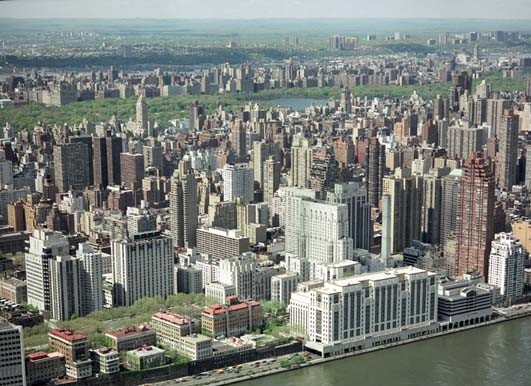
A recent New York Times article talks about how newer arrivals to the city are often eager to visit ground zero, attempting to connect more deeply to their new home and neighbors. Veterans on the other hand, care less to visit the site; their own memories are enough.
As poster-children for the newer population, I don't deny that visiting Ground Zero and watching World Trade Center are things we are doing to help us understand better what it was like to be in New York in September, five years ago.
I appreciate Oliver Stone's omission of that familiar footage the world was bombarded with in the aftermath. Instead, our vantage point is mostly from the inside of the buildings, terror, utter cluelessness, fires, collapsing rubble and all. I appreciate that the story centers on two everyday policemen and their everyday families. For me, the film becomes most searing as they try and keep each other alive with mundane stories, (but now, oh so precious stories), of family life.
The last time I cried as much in a movie was probably, hmm, not even in Hotel Rwanda.
Which brings me to a point of struggle: as horrifying and truly heart-breaking the events of 9/11 were, I just could not help thinking that financing, markets and acclaim are readily available for movies about this tragedy, but not all tragedies get the same deal, and that does make me kind of sad.
Numbers-wise, bouncing-back on a national scale-wise, it's a small event compared to what happens in Sudan, Congo, Chechyna...on a regular basis. It IS understandable that the average North American is not as into movies about far-off lands and foreigners. Like I said, I cried more in this than Hotel Rwanda, it definitely FEELS much closer to home, but I'm struggling somewhat because I'm aware that the scale of the genocide in Rwanda, and of other wars involving innocents, far surpasses 9/11.
I guess this is a long-winded way to say that it makes me sad that we don't hear stories of other suffering people as often or as lavishly told. It makes me sad that there are limitations to our empathy and compassion as a movie-going public and as individuals. And maybe that's ok, we're human not God, we can't be perpetual bleeding hearts for an abstract world--right? I don't know.
I think everyone would admire the wife of one of the policemen, who, in her own grief, manages to use it to comfort a complete stranger. I guess I hope that the tragedy depicted in World Trade Center will stimulate the kind of attitude that allows us to empathize and comfort others, whether they're American or not--INSTEAD of the fortress-America, us against the world type of attitude and all its associated atrocities.





